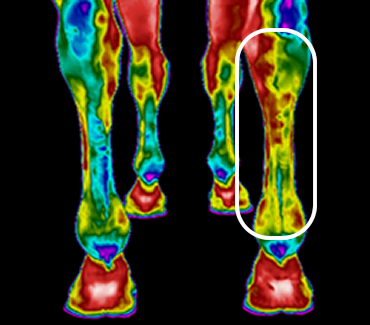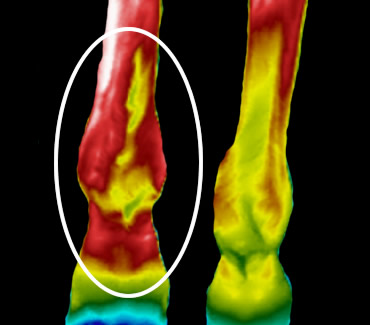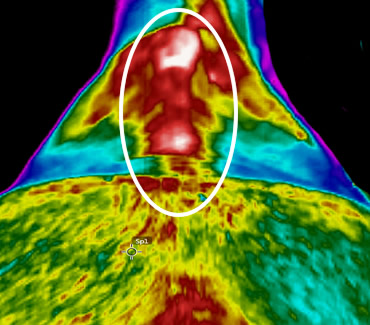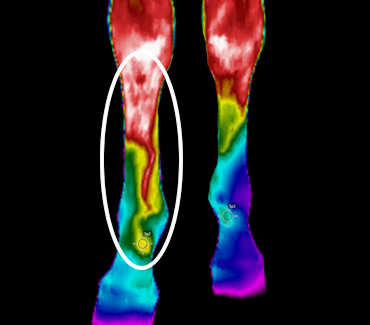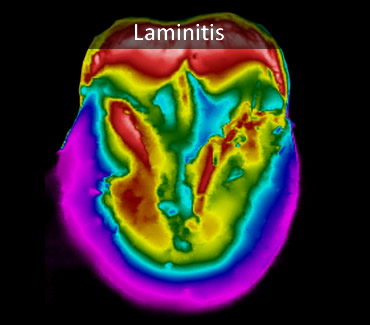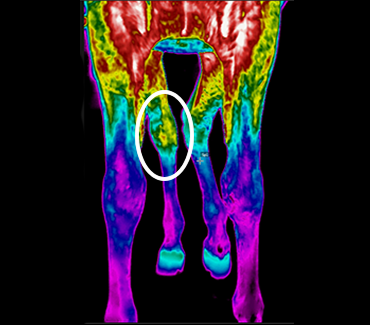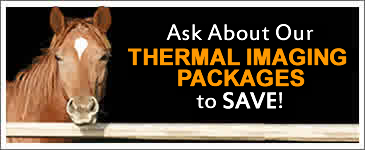What You Need To Know Before You Hire A Thermographer
Did you know that anyone can buy a thermal imaging camera and offer equine thermography services even with no experience, knowledge or training? As with all imaging (radiography, ultrasound, etc.) there are particular "Standards & Protocol" that must be followed in order to produce usable accurate images. Only a trained equine thermography professional will have that specific knowledge and will understand the importance of creating a controlled environment and proper horse preparation. Thermography is not regulated by the U.S. Goverment, so don't put your horse or your wallet at risk. Ask these (2) simple questions to ensure you are working with a qualified equine thermography professional that will produce accurate images that you and your veterinarian can count on and work with.
- EQUINE THERMOGRAPHY COURSE CERTIFICATION
Ask specifically for an Equine or Veterinary Thermography Certification Certificate. This certificate will let you know that the thermographer has taken the necessary steps to educate themselves on imaging horses. They understand the "Standards & Protocol" and the importance of preparing the horse, and producing a controlled environment to image in. Accurate and usable images can only be produced when these specific steps are followed. They will also know how to communicate their findings in a report that is usable and readable for veterinarians. If this certificate cannot be produced, move on! - THERMAL IMAGING EQUIPMENT
Not all thermal imaging cameras are the same! Stay away from anyone using their cell phone to scan. The attached cell phone thermal cameras have an extremely low resolution and are meant ONLY for recreational use. Cell phone thermal imaging apps give false readings as cell phones do not have a thermal imaging lens and can not read heat. Veterinarian approved thermal imaging cameras have a resolution of no less than 320 x 240; 76,800 IR resolution. Inexpensive and low resolution cameras CAN NOT be used for medical thermal imaging as they can easily miss important details necessary to determine injury. Ask specifically for the camera make, model and resolution information. If necessary, do your homework to ensure the equipment being used meets these requirements. If these requirements are not met, images will be poor inaccurate and unsable.
Let us help you help your horse. For a consultation or to make an appointment call 201-477-0009.




